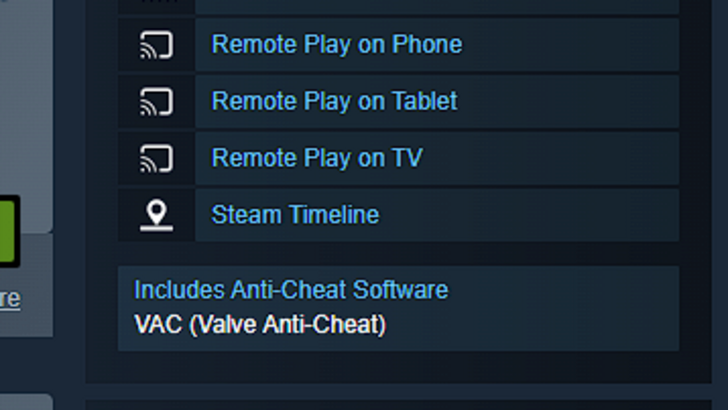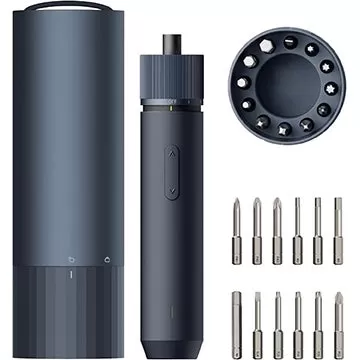Steam's Anti-Cheat System Sparks Controversy
Steam's New Anti-Cheat Disclosure Feature: A Step Towards Transparency?

Steam has implemented a new requirement for developers: disclosing whether their games utilize kernel-mode anti-cheat systems. This move, announced on the Steam News Hub, aims to enhance transparency and address player concerns regarding the potentially intrusive nature of such software.
Valve's Enhanced Anti-Cheat Disclosure

The update introduces a new option within the Steamworks API's "Edit Store Page" section. Developers can now specify if their games employ any anti-cheat mechanisms. While disclosure for client or server-side anti-cheat (non-kernel-based) remains optional, mandatory declaration is required for games using kernel-mode anti-cheat. This addresses growing community anxieties about the potential impact of these systems on player privacy and system performance.
Kernel-Mode Anti-Cheat: A Point of Contention

Kernel-mode anti-cheat operates by directly examining processes on a player's device, a practice that has sparked considerable debate. Unlike traditional methods that analyze in-game activity, kernel-mode solutions access low-level system information, raising concerns about potential security risks and performance degradation.
Valve's response to this update reflects feedback from both developers and players. Developers sought a clear method to communicate anti-cheat details, while players demanded greater transparency regarding the anti-cheat services used and any additional software installations.

Valve's official statement emphasizes their commitment to addressing these concerns, stating the need to balance developer needs with player transparency.
Mixed Community Reception

The feature, launched on October 31, 2024, at 3:09 a.m. CST, is already live. Counter-Strike 2's Steam page now clearly displays its use of Valve Anti-Cheat (VAC), showcasing the new functionality.
While many applaud Valve's "pro-consumer" approach, some criticism remains. Minor issues, such as grammatical inconsistencies and awkward wording, have been noted. Furthermore, practical questions regarding language translation and the classification of anti-cheat solutions (like PunkBuster) have been raised. The ongoing debate surrounding the invasiveness of kernel-mode anti-cheat also persists.

Despite the mixed initial response, Valve's commitment to consumer protection is evident, highlighted by their transparency regarding recent California legislation aimed at combating misleading advertising. Whether this new feature fully addresses community concerns about kernel-mode anti-cheat remains to be seen.





























